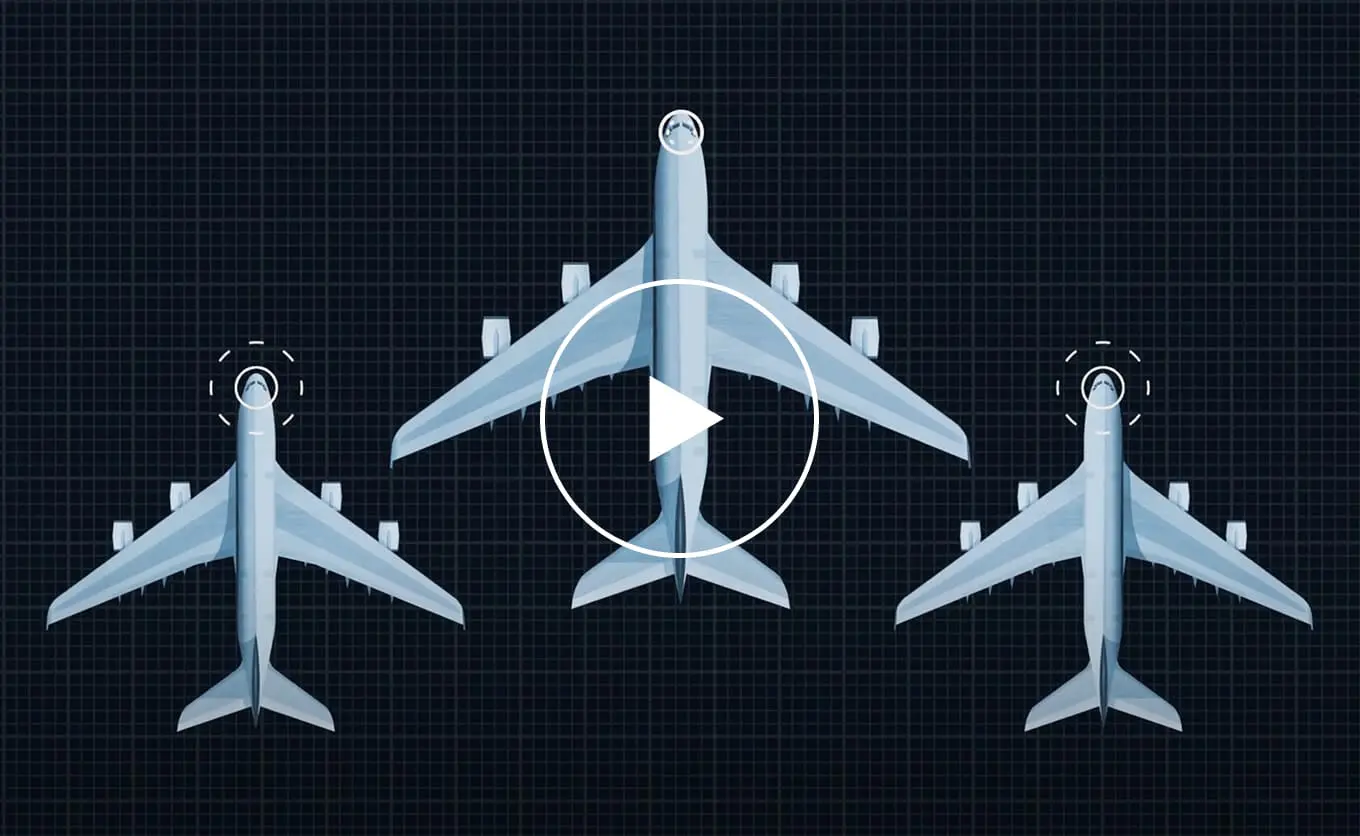Airlines
From flight tracking and planning, to safety and efficiency analysis and beyond, Aireon data is here.

Aireon’s space-based ADS-B data supports airlines’ need for aircraft tracking, continuously, even in remote areas or over oceans, eliminating blind spots prevalent in traditional ground-based systems. Airlines benefit from improved safety measures, optimized routing, and efficient operations regardless of location, promoting on-time arrivals and fuel savings.
Global data products for unique solutions
Space-based ADS-B for enhanced air traffic surveillance, innovation and analytics. Providing unique solutions to stakeholders in the aviation industry and beyond.
AireonSTREAM™
AireonSTREAM provides a continuous feed of high-fidelity ATS surveillance data combined with contextual flight and airspace information.
AireonINSIGHTS™
AireonINSIGHTS brings greater clarity to event-based information, including alert and monitoring, and aircraft search capabilities.
The global power of Aireon’s space-based ADS-B
About 50 percent of the world’s airspace is using Aireon’s space-based ADS-B data technology for aircraft surveillance.






